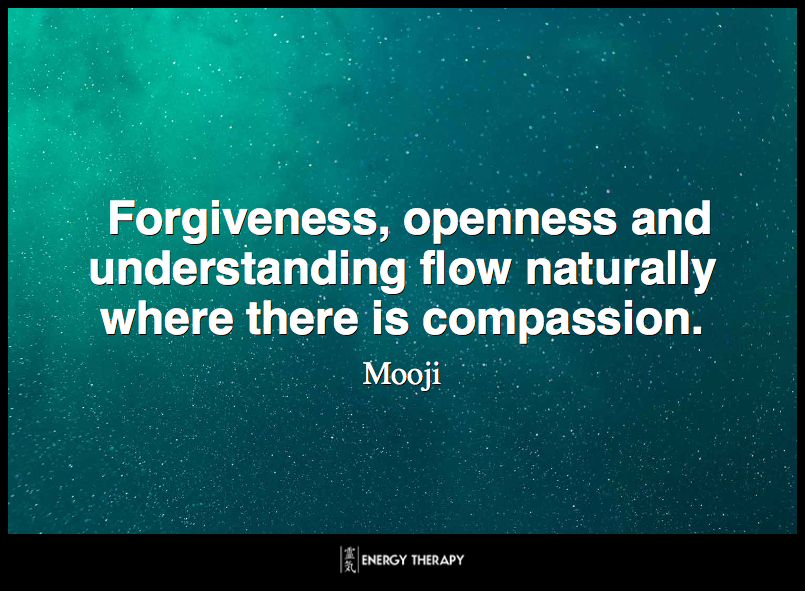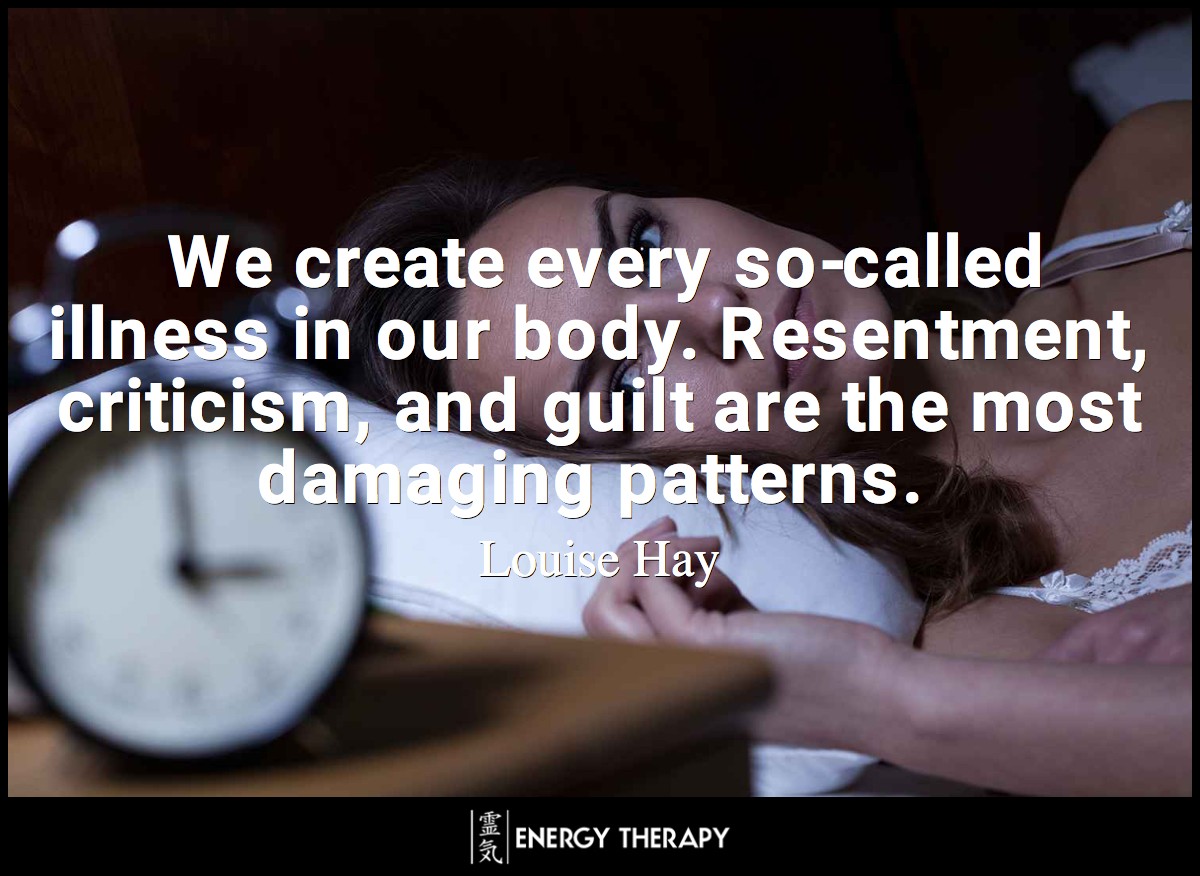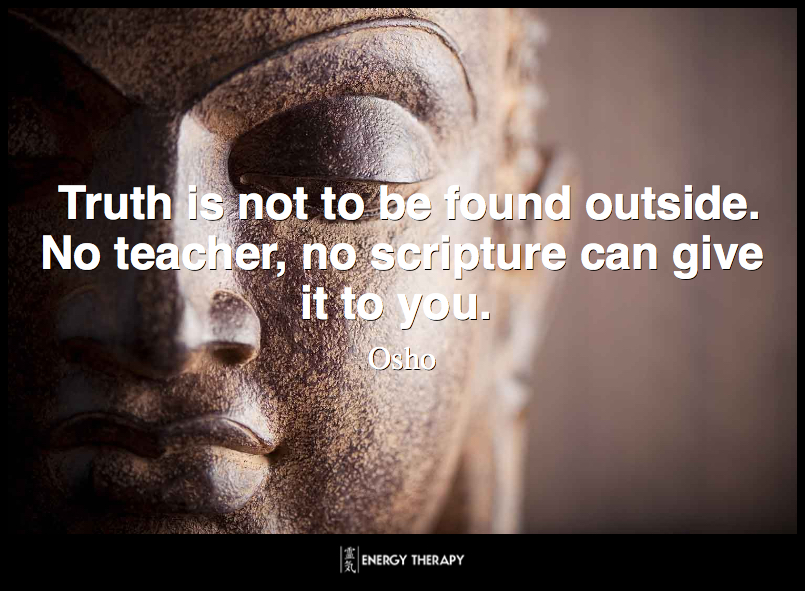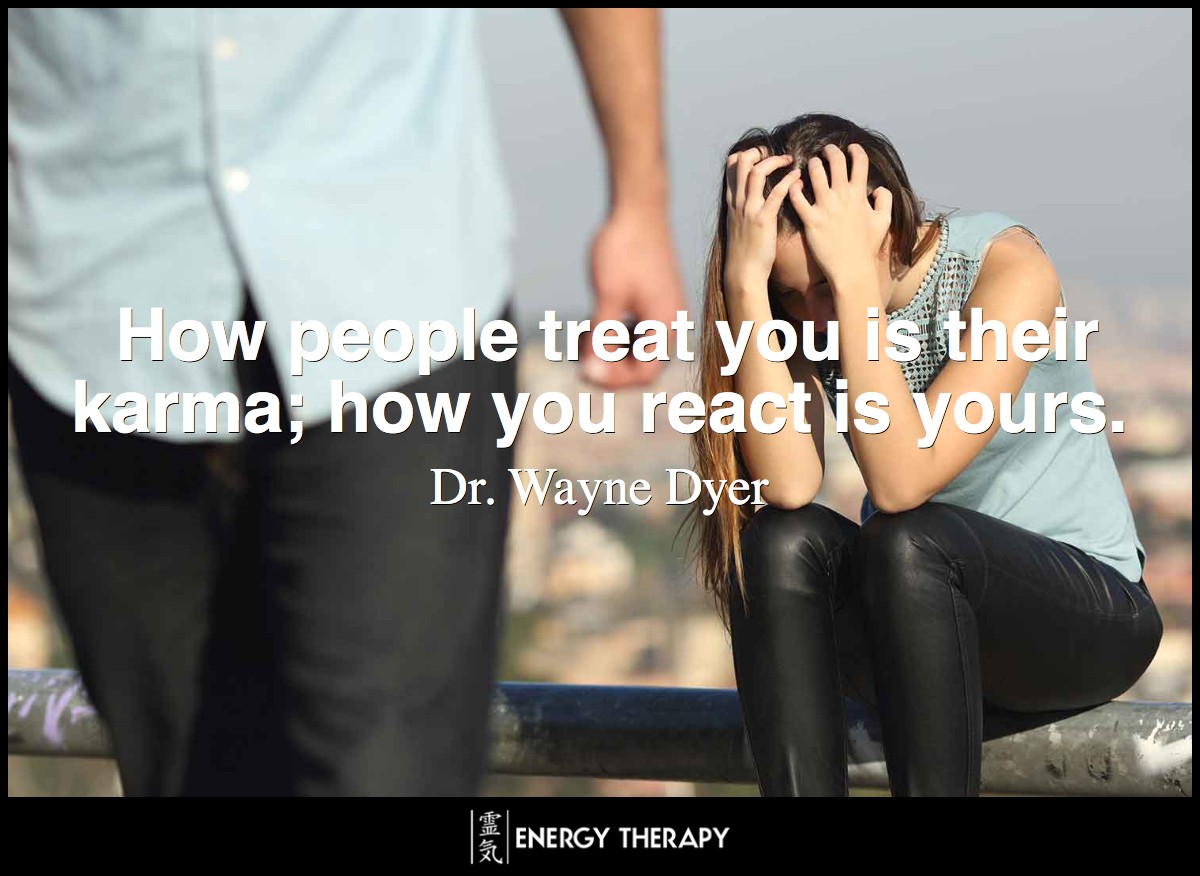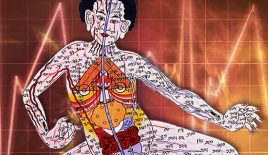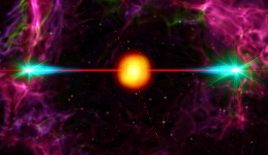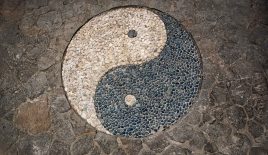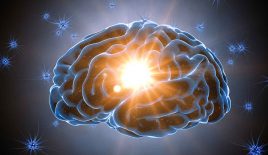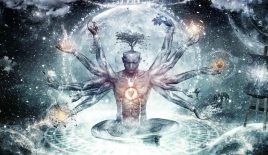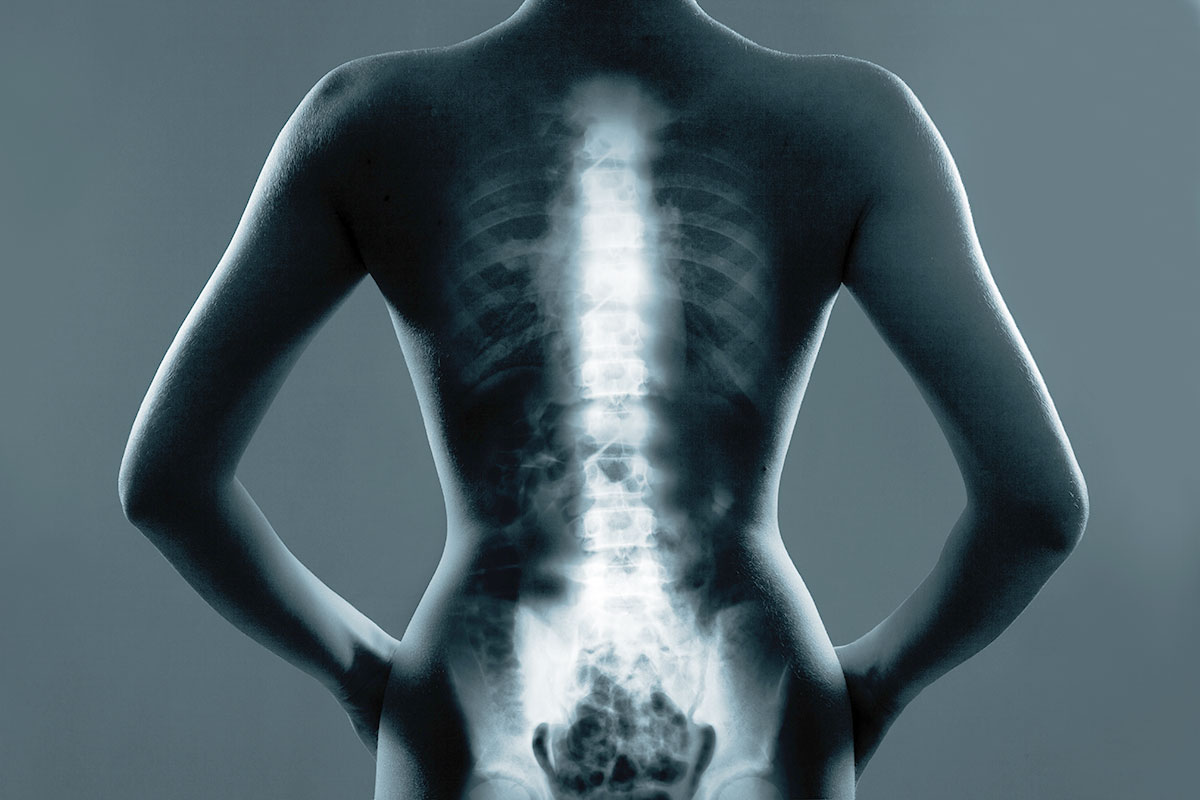What Happens To Your Body And Brain When You Fall In Love
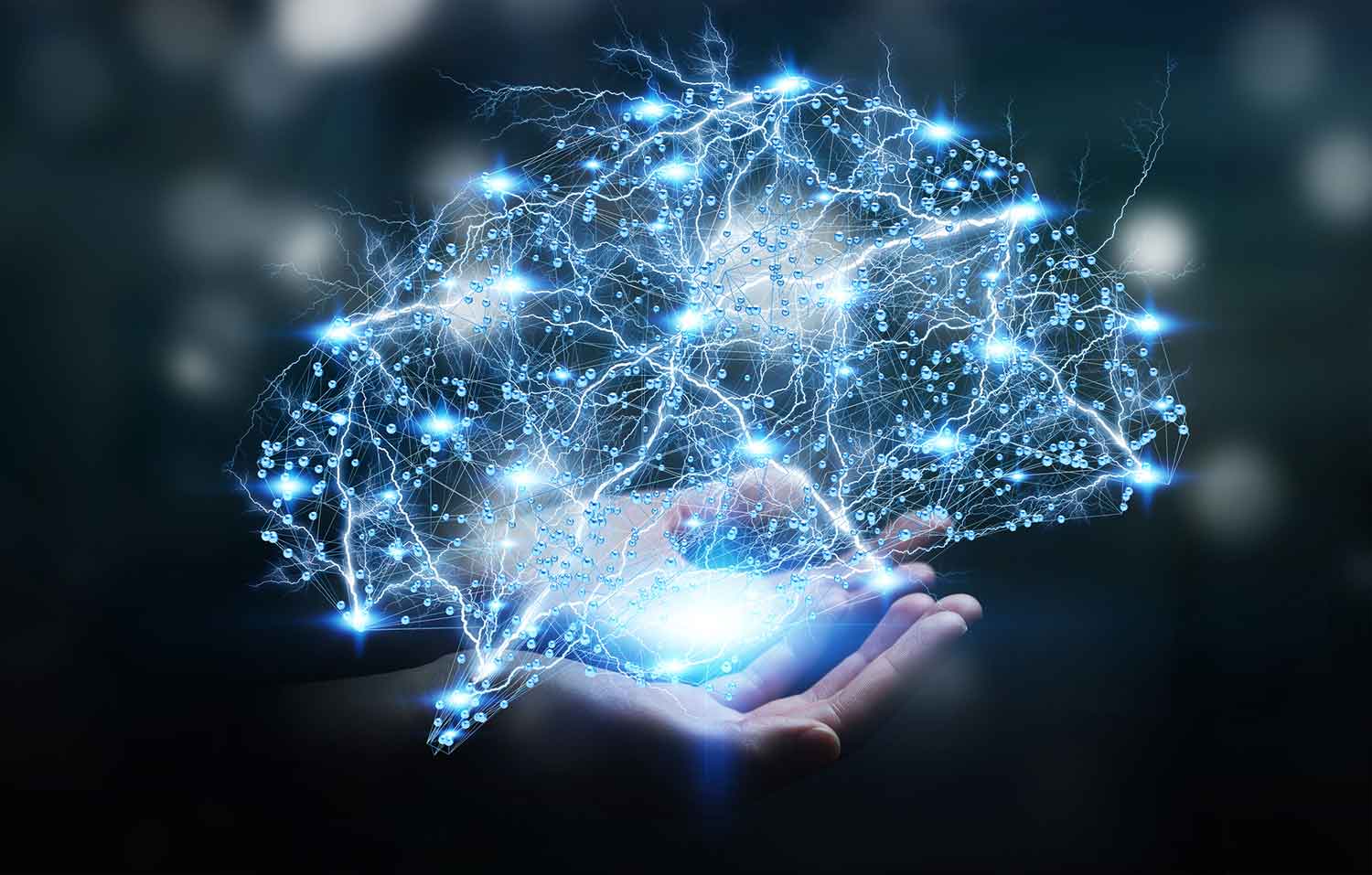 There are many different types of love. The type which you can radiate to everyone. The kind of love you have for friends. The love you have for an ex partner. The love you have for your family. The love you have for your kids. Even within all these types of love there are many different types of love you can express.
There are many different types of love. The type which you can radiate to everyone. The kind of love you have for friends. The love you have for an ex partner. The love you have for your family. The love you have for your kids. Even within all these types of love there are many different types of love you can express.
Love is not definable with just the simple word “love” as it has many different meanings. So for clarity, the type of love I am talking about in this article is love you have for a partner or someone you wish to be your partner. The all consuming feeling of being fully and deeply in love with someone or romantic love.
This type of love is a beautiful thing, but why does it happen and what happens to your brain and body when you are in love?
3 Stages Of Love
According to human behavior researcher
Helen Fisher there are 3 stages of love.
Lust- Lust is when you become consumed by sexual desire of a potential lover.
Attraction- This is when you feel truly love-struck. In this stage it is hard to think of anything else. You can even lose your appetite, need less sleep and spend most of your hours daydreaming about your new love.
Attachment- This is what follows the attraction stage if your relationship lasts that long. You couldn’t stay in the attraction stage or you would literally not be able to get anything else done!
Attachment is a lasting commitment and the bond that keeps couples together so they can raise a family and/or become a unit.
Physical Reaction To Falling In Love
Your Hormones Go Nuts-
When sexually attracted to someone your dominant hormones will be testosterone and oestrogen. Then as these feelings deepen your adrenaline will spike, this can make you blush, sweat and make your heart race.
Also when you get intimate you will produce lots of Oxytocin, which is a hormone which is released by men and women during orgasm.
This can deepen the feeling of attachment and can make couples feel closer to each other after sex. The theory is that the more couples have sex, the deeper their bond becomes.
Your Brain Goes Nuts (Dopamine)
Your brain will release lots of dopamine. This is a feel good chemical that is released during pleasurable activities, including texting, talking and kissing your loved one.
Dopamine is a rewarding chemical which is very active in those who suffer from addiction. So someone who is suffering from a gambling addiction, a drug addiction, a food addiction or any addiction are actually addicted to the release of dopamine. Meaning that when you fall in love you are actually addicted to the person of your desire.
Research from Helen Fisher of the Department of Anthropology at Rutgers University and Semir Zeki of UCL in London completed functional MRI studies to identify which regions of the brain are activated or deactivated by romantic love.
They’ve found that those deeply in love show more activity in many regions of the brain which are involved in the dopamine reward system.
The love of a parent activates almost all of the same areas, apart from the hypothalamus, this suggest the hypothalamus could be responsible for the sexual component of romance.
It was also shown that there was reduced activity in the amygdala and the frontal and prefrontal cortecies. The amygdala is linked to fear and learning from your mistakes. The frontal and prefrontal cortecies are linked with analysis, judgment, delayed gratification and predicting the outcomes of events. This could very well explain why those in love often lose all composure in these areas.
Your Brain Goes Nuts (Serotonin)
Research from Donatella Marazziti, Professor of Psychiatry and Director of the laboratory of Psychopharmacology at the University of Pisa, found that in the early stages of romance there where lower levels of serotonin.
Serotonin levels are also depleted in people who suffer with obsessive-compulsive disorder. Both states (while very different in nature) give feelings of anxiety and intrusive thinking. So in the early stages of romance it would be fair to say you become obsessed with the person of your desire, while being a huge ball of uncertainty and anxiety.
You Think They Are Perfect-
When you first meet someone who you would like to be romantically involved with you tend to look to their positive qualities and what you have in common.
This might not actually be a bad thing. A Study from Sandra L.Murray, John G. Holmes, and Dale W.Griffin from the University of Waterloo found that people who idealised their partners (and vice versa) were actually more satisfied in their relationships.
Then It All Returns To Normal
This period of thinking they are perfect, your hormones going wild and your brain creating a chemical shitstorm does eventually end around 12 to 18 months into your relationship, this is where the true test of a relationship happens and what many call the end of the honeymoon period.
How To Fall In Love
So how do you fall in love? Well this is obviously not a simple formula that works for everyone, however York psychologist, Professor Arthur Arun, has been studying why people fall in love. He asks his subjects to carry out a 3 steps process and found that many couples felt deeply attracted after this short 34 minute experiment. Two of his subjects even later went on to get married.
So that is it, we may think we are in control, but once those hormones kick in there is not really a huge deal you can do but hope it all works out for the best! Please share the love, by sharing this article 😉 Much love to you, Luke Article Is Republished Under A Creative Commons License. Originally published on Truth Theory |
Enjoyed this article and want to know more? Here are some easy steps you can take right now…
- Book a life changing “remote healing session” with Soul Guidance with Jaime: https://www.energytherapy.biz/energy-healing-with-jaime-tanna/
- Join Jaime’s fantastic 1 year Energy Coaching Program: Total Frequency Shift — Discover Radiant Health & Freedom
- Sign up for Jaime’s exciting new substack at https://energytherapy.substack.com/https://energytherapy.substack.com/


















